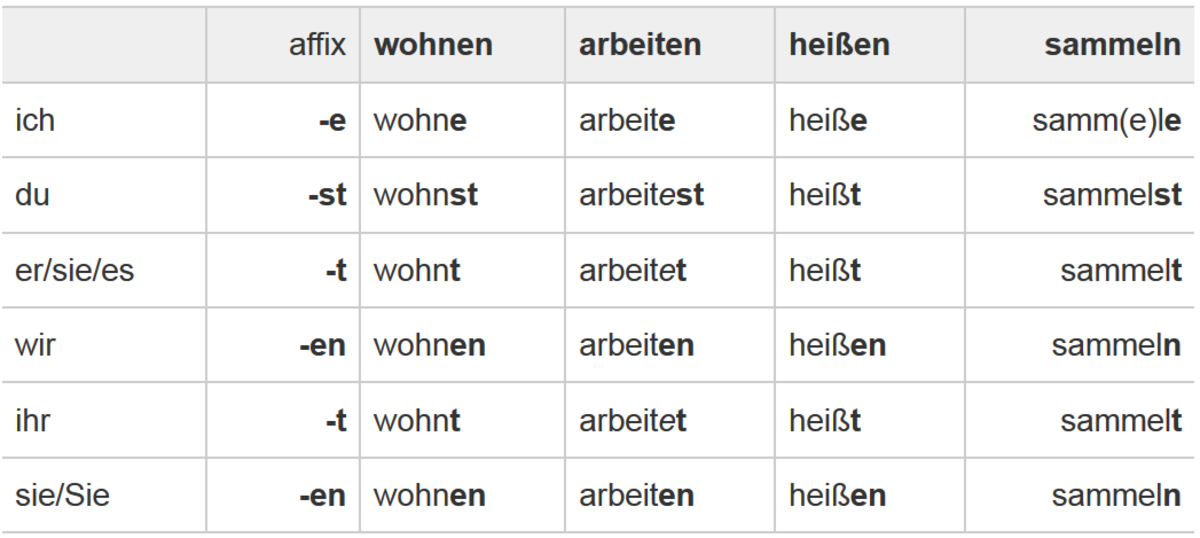Study in Germany For Free: Another Reason To Learn German

Further Information
- DAAD - Study in Germany
An excellent official guide on studying in Germany, packed with useful information. - Learning German - Goethe-Institut
The German Government's worldwide institute to promote the German language. - Best German Learning Software: Reviews To Help You Choose the Best One
We help you choose from the most popular brands, including Rosetta Stone, Fluenz, Rocket Languages and more to find the best German learning software - Student Expenses
No or Minimal Tuition for Foreign Students
Did you know that in most universities in Germany, there are no tuition fees at many universities? The maximum charge (which was introduced only a few years ago) for an undergraduate is usually 500 euros per semester, because most universities are state funded. This comparatively low fee does not only apply to nationals but to foreign students as well. So whether you are from North America, Latin America, Europe, Asia, Africa, Australia, or wherever your don’t have to pay exorbitant tuition fees in Germany.
That makes studying in Germany very cheap, compared to other places. You still have to pay other fees, but they don’t amount to much, between 50 to 250 euros per semester normally.
And you are not getting any second rate education, either. The German university system is ranked among the best in the world, with about 300 universities in Germany.
If you come from a 12-year school system, you will need to take a bridging program of one year before you can enter as a university undergraduate.
Cost of Living For Students in Germany


Land of Ideas
The German Government has been marketing itself as “The Land of Ideas”, and that is so true. English-speakers don’t often think about it, but Germany is such a powerhouse not only in engineering, but also in philosophy and music, for example.
Just off the top of my head in philosophy there is Kant, Hegel, Nietzche, Marx, Weber, Stirner, Habermas, Horkheimer. Husserl, Heidegger. In music, there is Bach, Beethoven, Mozart, Wagner. In physics there is Max Planck, Albert Einstein, Werner Heisenberg. I mean, these people are simply top notch, world history-changers.
And we are not even getting into the wider German speaking world, including Austria, Switzerland, and elsewhere.
(Of course there is the taboo period from the 1930s to 1945, but we’ll skip that…. “Don’t mention the war!” is still always great advice courtesy Mr. Basil Fawlty.)


Need to Speak German
You can study in English in many German universities and English is widely spoken and understood. However, you have to be proficient in the German language to be accepted. This is measured by a test that you have to do, rather than taking German as a subject in school, for example. You can take the test in your home country, or in a German university. (There are some exemptions, which you can learn about here).
That means that you can learn German in different ways, according to the method that suits your learning style best. For instance you can learn German from the Goethe-Institut, which is an official arm of the German government, located in 80 countries around the world.
Or you can use language learning software. Good quality language learning programs range in price from $99 to $500 and over. Each brand of software program (Rosetta Stone, Rocket Languages, TellMeMore, Fluenz, etc.) has their own teaching and learning philosophy, which can make the courses quite difficult.
To test your German language skills out, there are various sites online dedicated to making sure that your skill level is at least up to passing standard.









